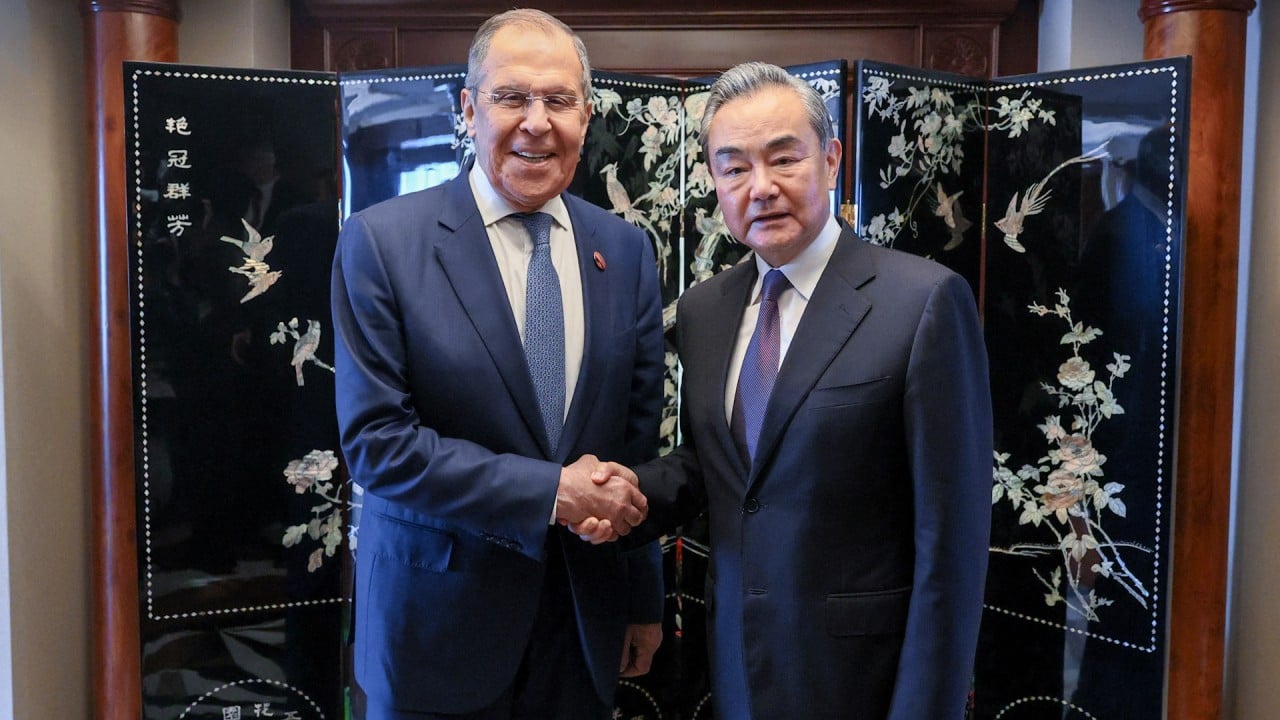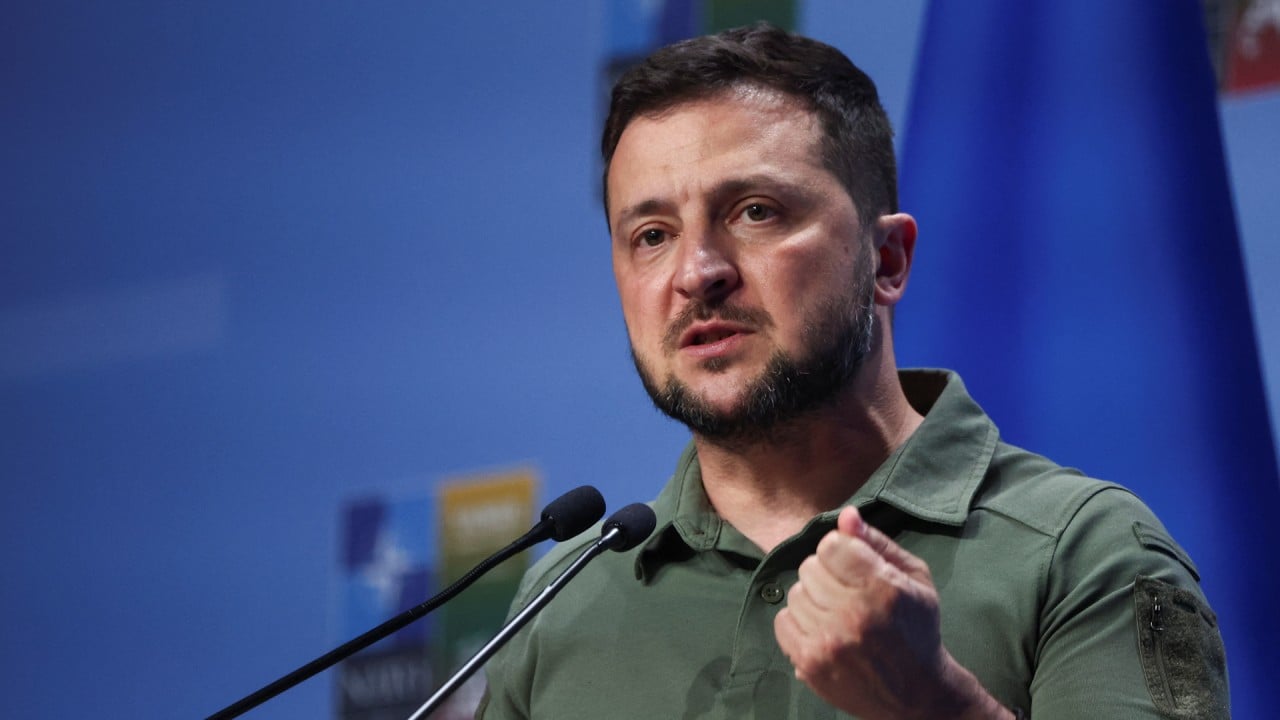
US welcomes ‘productive’ brief separate meeting with Chinese envoy regarding Ukraine war at Saudi peace talks
- China’s special envoy Li Hui met White House National Security Adviser Jake Sullivan and acting deputy secretary of state Victoria Nuland in Jeddah
- State Department spokesman says Washington welcomes Beijing playing a productive role – ‘if that role respects Ukraine’s territorial integrity and sovereignty’
US State Department spokesperson Matthew Miller told a press briefing the US side believed “it was productive that China attended, I’m not going to speak to the details of the meeting because it was a private meeting. But we thought it was … productive that they came”.
Russian state media has reported that Kremlin officials were not invited to the talks but were monitoring them.
The top Chinese diplomat said Beijing and Moscow “should continue to maintain close strategic coordination, promote world multipolarisation and the democratisation of international relations”, according to a Chinese foreign ministry statement.
Speaking on the crisis in Ukraine following Moscow’s invasion last year, Wang said China would continue to “uphold an independent and fair stance” and encouraged involved parties to begin peace talks.
Beijing skipped a previous meeting on Ukraine held in Copenhagen, Denmark, in June but attended the Jeddah gathering.
On Monday, Miller said the US believed it was “helpful for countries to attend and hear directly from Ukraine”.
He said, “Russia apparently objected to that, because you saw Russia criticising this meeting over the weekend, and criticising the fact that this meeting was held”.
Russia’s President Vladimir Putin backed the plan while Ukraine’s President Volodymyr Zelensky responded favourably to China’s involvement.
But Washington has advised caution. US Secretary of State Antony Blinken said that a ceasefire that allowed Moscow to “rest, rearm and reattack” was “not a just and lasting peace”.
In April, Zelensky said he had held a “long and meaningful” phone call with China’s Xi Jinping. Beijing confirmed the call, asserting that it “always stood on the side of peace”.
Xiaoli Guo, a visiting fellow at the Australian National University, said China’s “broader geopolitical concerns further bolster its motivation to play a mediator role in the conflict”.
“China’s diplomatic rift with the United States, tensions in the Taiwan Strait and the overall East Asian power dynamics are pushing Beijing to reassess the stability of its western periphery,” she said.
Guo said a resolution to the Russia–Ukraine conflict would “allow China to concentrate more intensively on its eastern front and further its security interests”.
According to Anatol Lieven and Jake Werner of the Quincy Institute for Responsible Statecraft, a think tank in Washington, welcoming a possible role for Chinese mediation “could presage a major shift from the Biden administration away from confrontation with China”.
They said if that shift occurred “a more constructive US-China relationship could become the foundation stone for peace in Ukraine”.



